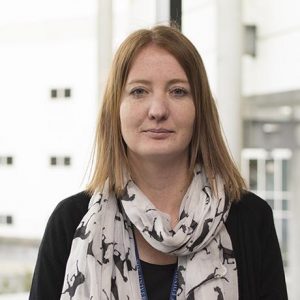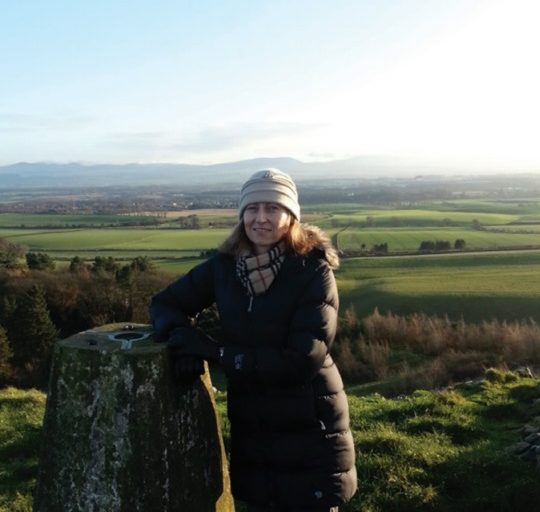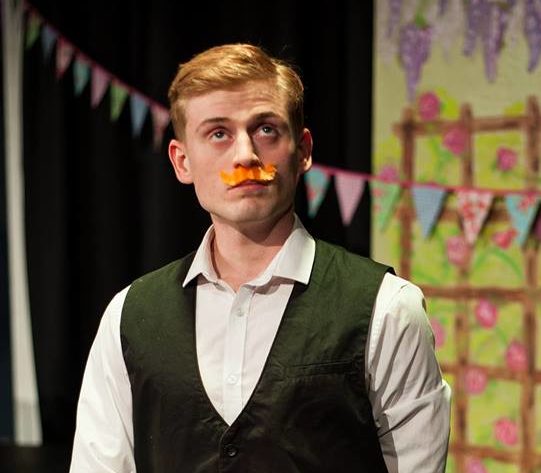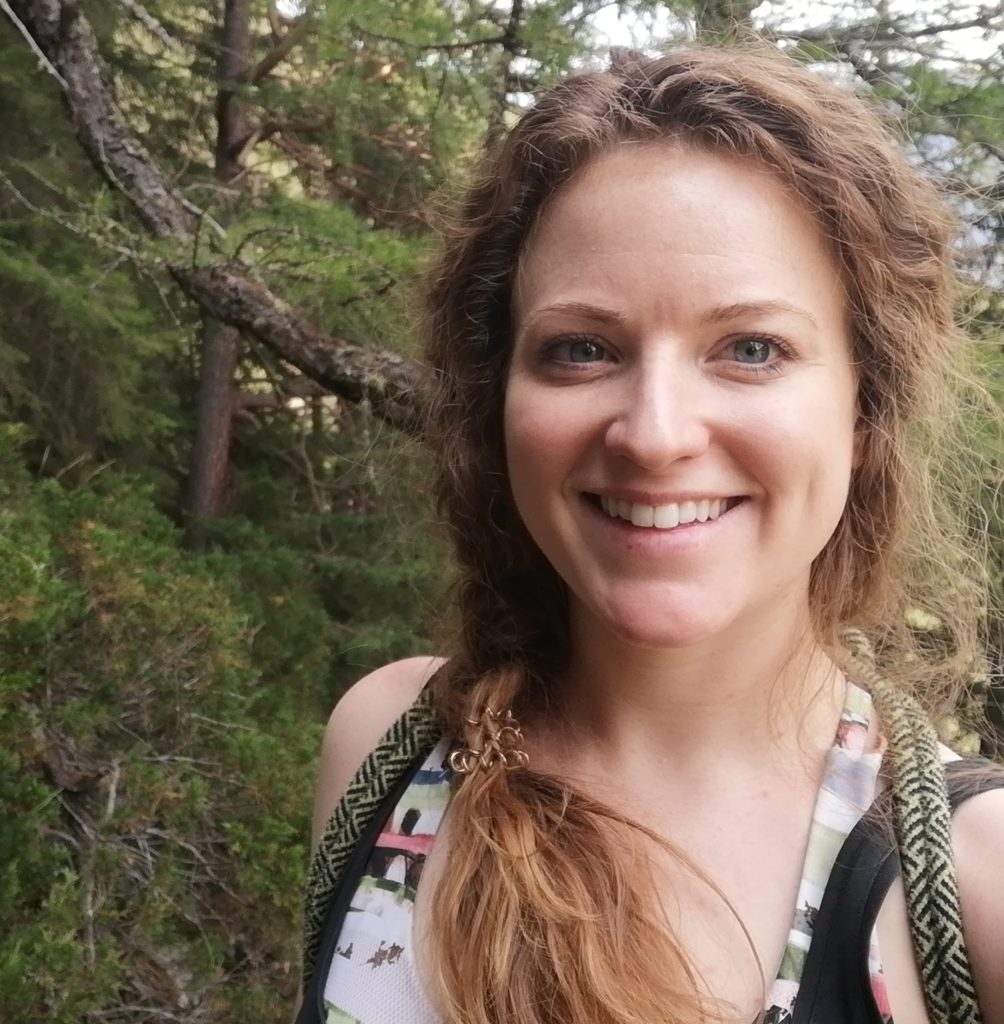Author: Joanne Mair
Background
Hello, my name is Jo and I am undertaking a part time PhD within the Usher Institute, my supervisors are Dr Nazir Lone, Dr Peter Hall and Professor Kev Dhaliwal. I currently work for the Centre for Inflammation Research as a Clinical Project Manager within Professor Kev Dhaliwal’s team and have done so for the last 6 years. To date my further education consists of an undergraduate degree in Pharmacology, a MSc in Bioinformatics and a MSc in Public Health Research.
I have worked for the University of Edinburgh for the last 13 years in various roles within research. These include working in a clinical research facility, a research and knowledge exchange office and in research governance. I also have experience working within the NHS in clinical trials. Prior to that I worked in various ad hoc roles and travelled/worked in South America, New Zealand and South Africa (some photos below!). I have been a member of the NHS Research Ethics Service for nearly ten years, being a member of SESREC 2, then the chair and I now sit on Scotland A.
 The group I work within focus their research on respiratory disease and the ways in which diagnosis of respiratory disease can be improved. Whilst working within this group I have been able to get fully immersed in translational research. Day to day working can involve anything from writing protocols and regulatory applications to being in the laboratory building medical devices, being in the clinics and wards assisting the clinical staff with study participants, negotiating commercial contracts for third party outsourcing, dealing with finances and creating structures and processes for forging our way through unknown territory and getting novel compounds and devices into man.
The group I work within focus their research on respiratory disease and the ways in which diagnosis of respiratory disease can be improved. Whilst working within this group I have been able to get fully immersed in translational research. Day to day working can involve anything from writing protocols and regulatory applications to being in the laboratory building medical devices, being in the clinics and wards assisting the clinical staff with study participants, negotiating commercial contracts for third party outsourcing, dealing with finances and creating structures and processes for forging our way through unknown territory and getting novel compounds and devices into man.
One area the group is researching is looking at fast, bedside, point of care diagnosis of pneumonia and identifying the gram status of the infection in ventilated patients. The group have developed a novel diagnostic technique consisting of an imaging system, compounds that allow diagnosis of lung infection and a delivery device to deliver the compounds into the distal lung. Work is currently underway to pilot the novel technique leading to a second stage clinical study within Edinburgh and three other UK sites.
PhD Motivation
Whilst working within my current research group within the media of novel developments to improve health, I became more aware of the difficulties in pushing research through to a stage where we can get it into the NHS. Gathering evidence of the impact a novel diagnostic tool could have on the NHS and the lives of patients is a time consuming and arduous process. Whilst most people appreciate the necessity of ensuring a diagnostic test is safe and does what it intends to do, perhaps measuring the potential impact on the patients and the NHS could be done in more than one way? Increasing evidence and developments support this way of thinking. The availability of observational data is increasing all the time and the skill set to put it to use expanding. As such I finally felt I had a focus I could put towards a PhD! With amazing help and input from Dr Nazir Lone, great support from Professor Kev Dhaliwal (and team, especially Dr Anne Moore) and invaluable time with Dr Peter Hall I developed the outline of a workable PhD, applied for and obtained a staff scholarship.
PhD Plan
Within my PhD I will be looking at the use of the observational data from ICU patients and how this can be used to model the potential impact of a novel diagnostic on patient outcomes and NHS (costs). I would ultimately like to compare this to the data being gathered as part of the clinical study to see how the observational data can add value to or replace some aspects of the clinical study. Initially, I am focusing on developing the care pathway map within ICU for patients with suspected pneumonia, gathering the necessary data (through extraction from NHS systems into a safe haven plus utilising other data sources/sets), assessing where the novel device could be most useful and comparison with the reference standard as developed through the clinical study. With regards to the health economic modelling I am working towards the construction, parameterisation and analysis of a health economic decision model based on the care pathway developed. The model will initially calculate expected costs and outcomes for the current care pathway. The new diagnostic test will then be incorporated into the model at key decision points, as indicated by the current evidence and recommendations from the specialist advisory group (for the clinical study). Divergence in the clinical pathway consequent on test results will be modelled based on the diagnostic properties and decision impact of the test.
I have entered into discussions about PhDs in the past and could never quite commit myself but I really feel this one ties in with my work and the group’s ethos whilst being interesting and worthwhile. I’m enjoying it so far, between this, work and living the fairly quiet life in East Lothian (Drem), if you can call having three young daughters (pictured with me below) a quiet life – it all keeps me rather busy!





